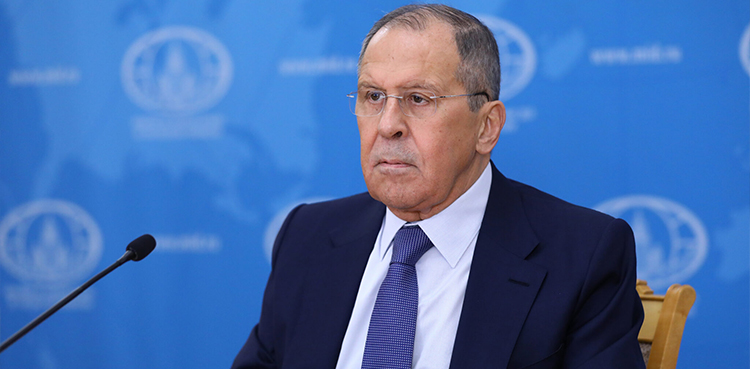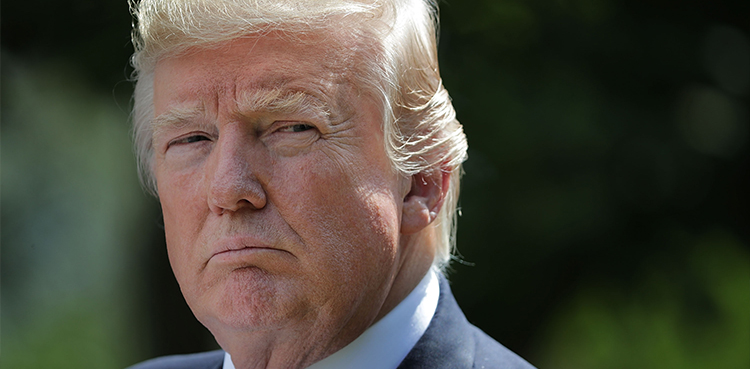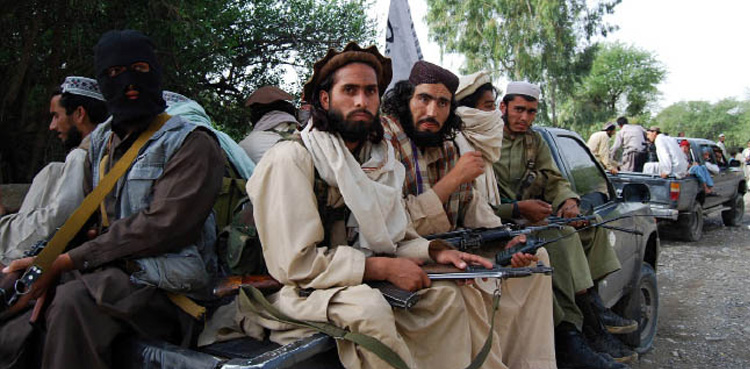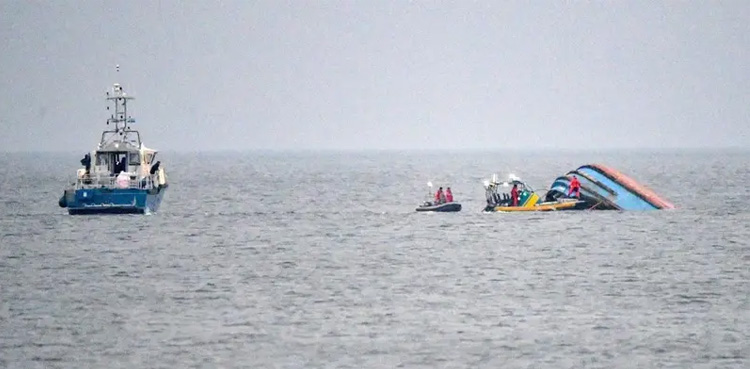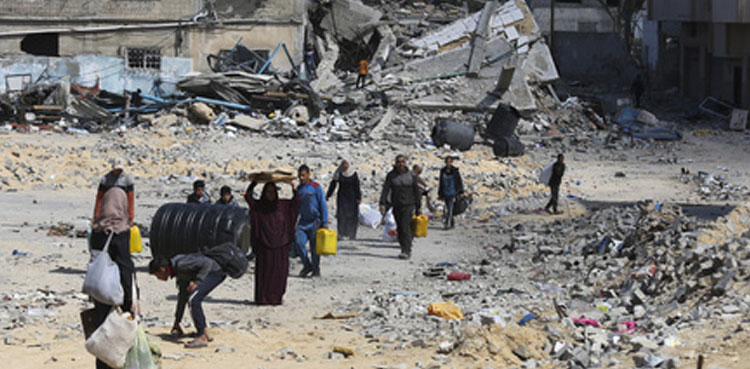The moon will blot out the solar for thousands and thousands of individuals in North America alongside a path crossing from Mexico into the USA after which Canada in a complete photo voltaic eclipse occurring as we speak (Monday, April 8).
Right here is a proof of the photo voltaic eclipse, the place it is going to be seen and what to anticipate.
WHAT IS A TOTAL SOLAR ECLIPSE?
In a complete photo voltaic eclipse, the moon passes between the solar and Earth, totally protecting the face of the solar alongside a small path of our planet’s floor. That is referred to as the “path of totality.” The daytime sky turns darkish, akin to nightfall or daybreak, and nocturnal animals have been identified to get up, confused into believing evening has arrived.
In locations alongside the trail of totality, individuals will be capable to view the solar’s corona – the star’s outer ambiance – that usually will not be seen due to photo voltaic brightness. Individuals observing from outdoors the trail of totality will see a partial eclipse wherein the moon obscures a lot of the solar’s face however not all of it.
After all, a cloudy day might spoil the view. After this one, the following complete photo voltaic eclipse viewable from the contiguous United States won’t happen till 2044.
WHERE WILL IT BE VISIBLE?
Based on NASA, opens new tab, the April 8 eclipse will start over the South Pacific, with its path reaching Mexico’s Pacific coast at round 11:07 a.m. Pacific Time earlier than coming into the USA in Texas.
Its path then takes it via Oklahoma, Arkansas, Missouri, a tiny piece of Tennessee, Illinois, Kentucky, Indiana, Ohio, a tiny piece of Michigan, Pennsylvania, New York, Vermont, New Hampshire and Maine.
The trail then enters Canada in Ontario and journeys via Quebec, New Brunswick, Prince Edward Island and Cape Breton, exiting continental North America on the Atlantic coast of Newfoundland, Canada, at 5:16 p.m. Newfoundland Time. A partial eclipse is because of be seen for individuals in all 48 contiguous U.S. states.
WHERE ARE SOME OF THE BEST PLACES TO SEE THE ECLIPSE?
Some main cities and their metropolitan areas lay inside or close to the trail of totality. A few of these embody: Mazatlan and Torreon in Mexico; San Antonio, Austin, Waco, Fort Value and Dallas in Texas; Little Rock in Arkansas; St. Louis in Missouri; Louisville in Kentucky; Indianapolis in Indiana; Dayton, Columbus, Toledo and Cleveland in Ohio; Detroit in Michigan; Erie in Pennsylvania; Buffalo, Rochester and Syracuse in New York; and Hamilton, Toronto and Montreal in Canada.
HOW WIDE IS THE PATH OF TOTALITY?
On Aug. 21, 2017, thousands and thousands of individuals witnessed a complete photo voltaic eclipse whose path crossed the contiguous United States. The trail of totality for the April 8 eclipse can be wider than the one in 2017 as a result of the moon was a bit of bit farther from Earth throughout that one. Based on NASA, the trail in 2017 ranged from about 62-71 miles (100-114 km) vast whereas this one will vary from about 108-122 miles (174-196 km) vast, that means it’ll cowl extra floor. This yr’s eclipse path additionally is about to cross over extra densely populated areas than the one in 2017.
WHAT CAN YOU EXPECT TO SEE DURING THE ECLIPSE?
A complete photo voltaic eclipse unfolds in a number of distinct levels.
It begins with a partial eclipse section because the moon begins to cross between Earth and the solar, partially blocking it and leaving the solar wanting prefer it has a crescent form.
Within the subsequent Baily’s Beads section, factors of sunshine from the solar shine across the moon’s edges due to the irregular lunar topography, producing small beads of sunshine.
Within the diamond ring section, a single vivid spot seems alongside the lunar edge even because the solar’s ambiance leaves a hoop of sunshine across the moon. The impact resembles the looks of a diamond ring. This phenomenon precedes totality.
After totality, the opposite phases repeat because the moon retains transferring alongside its path till the eclipse ends.
HOW DOES THIS DIFFER FROM AN ANNULAR SOLAR ECLIPSE?
On Oct. 14, 2023, individuals alongside a path stretching from the U.S. Pacific Northwest, via Mexico, Central America, Colombia and Brazil witnessed an annular photo voltaic eclipse, a barely totally different occasion. An annular photo voltaic eclipse happens when the moon passes between the solar and Earth when the moon is at or close to its farthest level from our planet.
Thus, it doesn’t fully cowl the face of the solar, leaving what seems to be like a “ring of fireplace” within the sky.
HOW DO YOU SAFELY WATCH AN ECLIPSE?
Consultants warn that it’s unsafe to look straight on the vivid solar with out utilizing specialised eye safety designed for photo voltaic viewing. Viewing an eclipse via a digicam lens, binoculars or telescope with out making use of a special-purpose photo voltaic filter could cause extreme eye harm, in line with these specialists.
They advise utilizing secure photo voltaic viewing glasses or a secure handheld photo voltaic viewer, noting that common sun shades will not be secure for viewing the solar. The one second it’s thought-about secure for individuals to take away eye safety throughout a complete photo voltaic eclipse is the transient time when the moon fully blocks the solar’s floor.
HOW BIG ARE THE EARTH, MOON AND SUN?
The moon will cowl the solar’s face, as seen from Earth, solely as a result of the moon – truly a lot smaller than the solar – is a lot nearer to our planet. The moon’s diameter is 2,159 miles (3,476 km), in comparison with the solar’s diameter of about 865,000 miles (1.4 million km) and Earth’s diameter of seven,918 miles (12,742 km).
HOW DO SOLAR ECLIPSES DIFFER FROM LUNAR ECLIPSES?
Lunar eclipses happen when Earth is positioned between the moon and the solar and our planet’s shadow is forged upon the lunar floor. This leaves the moon wanting dim from Earth, typically with a reddish colour. Lunar eclipses are seen from half of Earth, a a lot wider space than photo voltaic eclipses.
FUTURE ECLIPSES
Individuals in varied components of the world will get to expertise extra eclipses within the coming months and years, in line with NASA.
An annular photo voltaic eclipse will happen on Oct. 2 of this yr, seen in South America, with a partial eclipse seen in South America, Antarctica, the Pacific Ocean, the Atlantic Ocean and North America.
A partial photo voltaic eclipse will happen on March 29, 2025, seen in Europe, Asia, Africa, North America, South America, the Atlantic Ocean and the Arctic Ocean.
A partial photo voltaic eclipse will happen on Sept. 21, 2025, seen in Australia, Antarctica, the Pacific Ocean and the Atlantic Ocean.
An annular photo voltaic eclipse will happen on Feb. 17, 2026, seen in Antarctica, with a partial eclipse seen in Antarctica, Africa, South America, the Pacific Ocean, the Atlantic Ocean and the Indian Ocean.
The subsequent complete photo voltaic eclipse will happen on Aug. 12, 2026, seen in Greenland, Iceland, Spain, Russia and a small portion of Portugal, with a partial eclipse seen in Europe, Africa, North America, the Atlantic Ocean, the Arctic Ocean and the Pacific Ocean.
